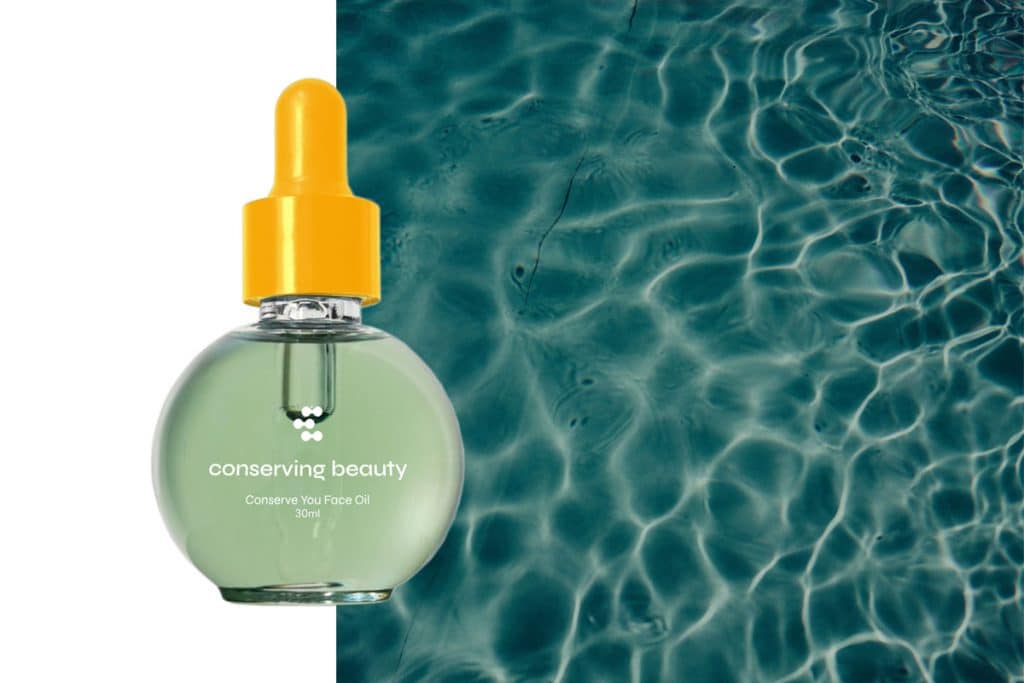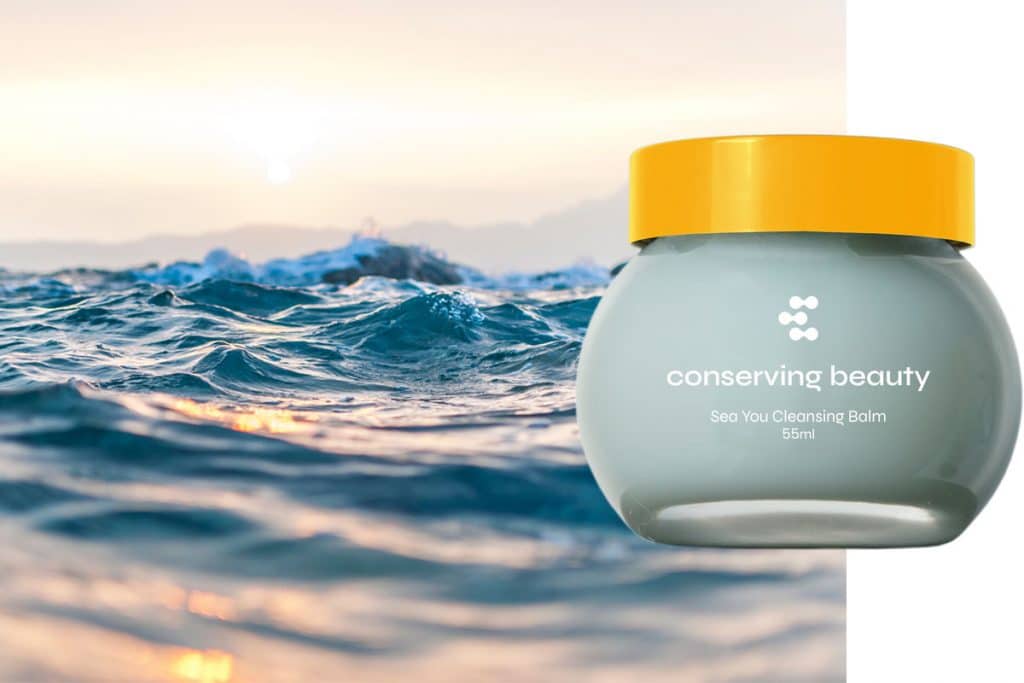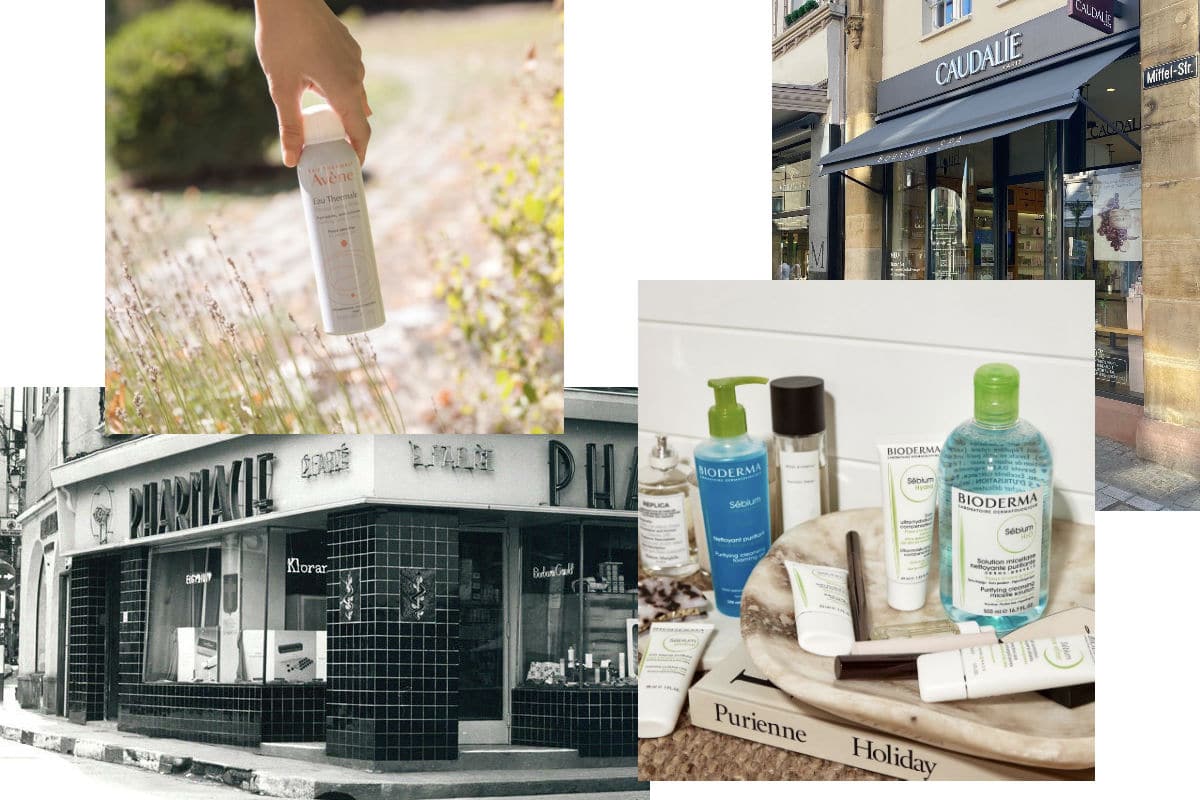
It's hard to turn on the TV or open a news site without seeing new information about the climate crisis. Humans have done irreparable damage to the planet and we are now seeing the consequences.
There are many, but one less talked about is water insecurity. The Earth is running out of water in a very real way. Being able to turn on a tap and have easy water will soon become a novelty for many parts of the world. There are currently 17 countries rated as having 'extremely high' water stress. In fact, in Cape Town South Africa during 2017, the water crisis became so bad that experts were able to pin point a 'day zero' - the day that the region would run out of water entirely. The only way Cape Town survived was by cutting its water usage by more than half, allowing the supply to last a few more months until the rainy season arrived.
Water is simply not something we can take granted. Our warming climate is leading to less rain. We cannot continue consuming it as if its infinite, because it's not.
Natassia Nicolao always had a passion to create something that could help in the fight to save our earth. Likewise, she had a penchant for beauty. And since the beauty and personal care industry is one of the biggest contributors to pollution, litter and waste, she decided to try and do things differently. Thus Conserving Beauty was born. It's a waterless, responsibly-packaged, palm-free and ethically-sourced beauty brand.
So many brands hit one or a few of the marks we need to hit in order to create better products. Nastassia has tried to his them all in order to create a brand that can consumed in a truly sustainable way - a way can feasibly continue forever. Launching November 26 2021, ahead of Conserving Beauty's market debut, we connected with Nastassia to discover more about her brand and why ticking every box was so important to her. Below, find everything you need to know about the new beauty brand trying to educate us on why water-free is the way of the future.
Did you always know you wanted to start a beauty brand?
I always knew I wanted to create something that could positively impact the community and our planet. When I completed my Bachelor of Science, I found myself working in the beauty and wellness industry across ethical sourcing, supply chain, product development and later in sales and marketing. It was clear to me that the world didn’t need another beauty brand, but it did need a movement that could create change. I found a way to merge my long-term love for beauty products with my passion for planet impact, using my science background and commercial experience in the beauty industry to start Conserving Beauty.
Tell us about Conserving Beauty. What inspired you to start the brand?
It all started with the concept of uniting ESG principles with beauty, to create products that could not only conserve our beauty as consumers, but the natural beauty of our planet. With guidance from the Sustainable Development Goals and United Nations declared Water Action Decade, I worked to reimagine a standard beauty product’s lifecycle to help conserve our most precious resource – water. By removing water from our products, we could ensure that all the pure ingredients we include in the formulas are never watered down, and our precious natural resources are never wasted. At Conserving Beauty, we believe that waterless is more – for us as consumers, for our formulas, and for the planet.

Water insecurity is already a huge problem in many parts of the world. What do you think more people need to know about this issue?
Water is a finite resource and we are living in a Water Action Decade. We can only use approximately 1 percent of our fresh water resources which is not enough to sustain all life on earth. Not only do we need water to physically survive, we need water to create everything we use including our food, clothes, and transport. As a collective, we all need to seriously think about ways to reduce our water footprint and help conserve water as we cannot live without it.
The beauty industry has become too heavily reliant on our fresh water resources as most beauty products contain 70%-90% water – not to mention the additional water footprint created throughout the supply chain to create each product. Without water, the pure ingredients chosen for Conserving Beauty’s powerful formulas aren’t diluted, which means they can be delivered directly to your skin – so our precious natural resources are never wasted, and your results are never watered down. We are proud to be the first global beauty partner of Water Footprint Network, the leaders in water footprint assessment. Together we are running a custom research project to manage our exact water footprint so we can track and share our savings with our community. We will also work closely to ensure it remains as minimal as possible.
Conserving Beauty is also Palm Oil-free. Why?
We make every decision based on the question – how will this impact people, our community and planet? So naturally using Palm-Oil or Palm-Derived ingredients was not an option as it is a major driver of deforestation. This not only disrupts our ecosystem but also destroys critical habitats for wildlife and contributes to climate change as the trees can no longer sequester carbon.
Conserving Beauty is very strict about where it sources its ingredients. Why?
It’s really important to have full supply chain transparency and the ability to trace each ingredient back to the farm gate so we know how it impacted local communities and our planet. We partner with reputable suppliers that have ethically grown each ingredient and treat their team with the same respect we would. Because we have relationships directly with our ingredient suppliers, we are able to measure our exact water footprint via our custom research project with Water Footprint Network, which allows us to track all our water savings and ensure our water footprint remains as minimal as possible.
Reading into exactly how many boxes this brand ticks: waterless, vegan, palm-free, responsibly packaged, biodegradable... I'm sure this wasn't easy. Why did you want to create something that ticks every box?
As a start-up that’s purpose driven, we are not trying to retrofit sustainability. We have truly thought about each stage of a product lifecycle to think about how it would impact people, our community, and the planet. All of our conscious decisions to exclude water, palm oil, fragrances, preservatives, animal products, and reinvest profit back into our ecosystem via our partnership with SeaTrees, stems from our core mission to conserve all beauty – yours and our planet’s. I believe you can create a movement and real change when you make every decision based on the business’s values and mission.

What role do you think brands and consumers need to plan in order to prevent further damage to the planet?
It would be powerful for beauty brands to incorporate ESG principles as a core value rather than an afterthought or because sustainability is a ‘trend’. Although there is no perfect solution, there are so many things we can do to drive positive change. Coming from a solutions-focused lens can foster new innovative ways of approaching a problem. For example, just because water has historically been used by the beauty industry as the main ingredient in most products doesn’t mean we have to continue with this formulating approach.
As a consumer, I focus on educating myself so I can make better informed decisions throughout my day as knowledge inspires creative change. I also consciously think about ways to reduce my personal water footprint, carbon footprint, and waste footprint. There are so many easy small swaps that actually make the world of difference. For example, only washing my clothes in cold shot cycles as heating water in our homes contributes the largest water footprint, or turning the tap off in between brushing my teeth.
What do you think more consumers need to know about environmental conservation?
Conservation is about considering an entire product lifecycle and a transparent supply chain rather than focusing on one element, such as packaging. True environmental conservation means transparency, traceability, equality, ethical sourcing, conserving natural resources, reinvesting profit back into our ecosystem, human rights, protecting the people with a supply chain, and managing our water footprint, carbon footprint and waste footprint. The best place to start if you’re curious or want to do more is education. There are so many great resources including podcasts, books, and documentaries. Knowledge can form new habits that lead to real positive planet impact.
Images:
Anastasia Taioglou on Unsplash



